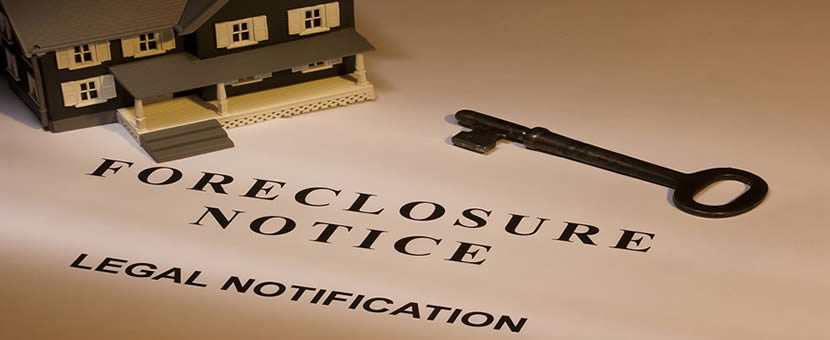Why Foreclosures Happen

Unless you've decided to commit mortgage fraud and are intent on buying a home and never making a payment, the occurrence of foreclosure is often the result of something sudden that happens. This could include a loss of work or income, a sudden illness or medical emergency, death, divorce, demotion in the job, adjustable rate mortgages, or significant maintenance expenses just for a few examples. Anyone who gets in over their heads with a mortgage needs to know that they have options and that they can get the help that they need.
How Do I Stop Foreclosures?
First of all, it's important that you know that lenders wait 90 days after nonpayment to file a notice of default. This notice is what says that you have defaulted on your loan and that without paying, your home will be foreclosed upon. You need to call your mortgage company as soon as you cannot pay so that you never have to see this notice. Talk to them about your situation, and be willing to cooperate with the solutions that they offer. Don't let it go thinking that there is nothing that can be done. Doing nothing is the BEST way to lose your home to foreclosure.
What Options will I Have?
Lenders offer many different solutions for borrowers who have fallen into an awkward situation. Depending on your reason for not being able to pay, mortgage lenders have a variety of solutions. Some will offer ‘forbearance', or a repayment plan that differs from your original mortgage payment schedule, to allow you to catch back up. If you can agree that you will be able to catch back up after one or two missed payments, the lender could offer debt forgiveness, or a waived payment, to help you out. This is rare, but still possible.